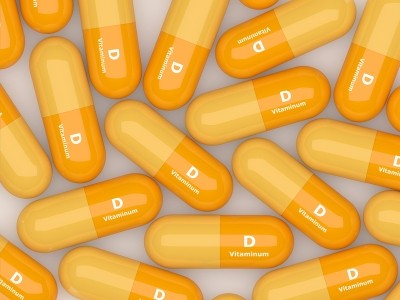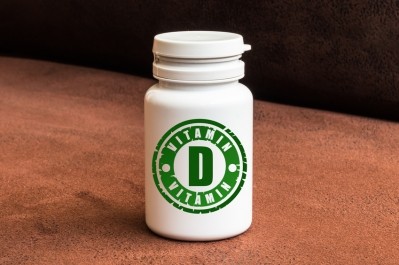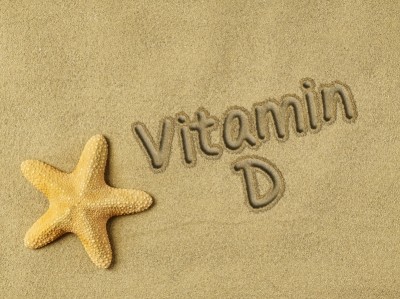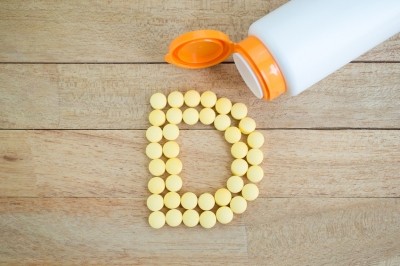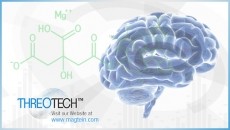Is vitamin D deficiency highly prevalent among elite athletes?
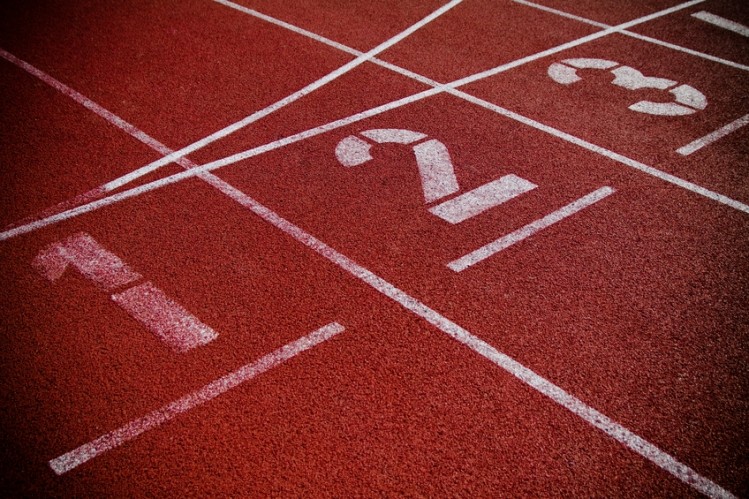
While the study was limited to highly trained Dutch athletes, the findings are in line with earlier studies from the UK and USA which found that only 40 to 60% of the athletes have adequate levels of 25- hydroxyvitamin D (25(OH)D), the non-active 'storage' form of the vitamin in the body.
Low vitamin D levels may be associated with decreased muscle strength and muscle protein synthesis, both of which may impact athletic performance.
“We observed that only 30% of the highly trained Dutch athletes had a sufficient total 25(OH)D concentration (greater than 75 nmol/l) at the end of the winter. A considerable 34% of the athletes showed a deficient total 25(OH)D concentration (less than 50 nmol/l), and 30% of the athletes were vitamin D insufficient (50–75 nmol/l),” wrote the researchers in the European Journal of Clinical Nutrition.
Working with scientists from Wageningen University and Maastricht University, the researchers report that the insufficiency could be corrected by three months of supplementation with 2,200 IU per day of vitamin D. They also found that, once sufficient levels had been attained, a dose of 400 IU per day was enough to keep them above the sufficient levels.
“Therefore, it is unnecessary to take a high dose of 2200 IU/day throughout the whole year,” they wrote.
Study details
Vitamin D refers to two biologically inactive precursors - D3, also known as cholecalciferol, and D2, also known as ergocalciferol. Both D3 and D2 precursors are transformed in the liver and kidneys into 25- hydroxyvitamin D (25(OH)D), the non-active 'storage' form, and 1,25-dihydroxyvitamin D (1,25(OH)2D).
While our bodies do manufacture vitamin D on exposure to sunshine, the levels in some northern countries are so weak during the winter months that our body makes no vitamin D at all, meaning that dietary supplements and fortified foods are seen by many as the best way to boost intakes of vitamin D.
Led by Prof Lisette de Groot from Wageningen University, the researcher took blood samples from 128 highly trained Dutch athletes and found that almost 70% were vitamin D insufficient or deficient. Of these 128, 102 were randomized to consume 400, 1,100 or 2,200 IU of vitamin D3 per day for 12 months. Athletes with sufficient levels did not receive any supplements.
Results showed that the 2,200 IU dose increased 25(OH)D levels the most compared to the other groups, including the no supplementation group.
“Supplements containing 2,200 IU/day were shown to be the most effective in preventing vitamin D deficiency throughout the year, resulting in 85% of the athletes achieving a sufficient total 25(OH)D concentrations after 3 months and 80% maintaining a sufficient total 25(OH)D concentration after 12 months,” wrote the researchers.
“If the current study would have used a total 25(OH)D concentration below 50 nmol/l for selecting the dosage to achieve and maintain sufficient 25(OH)D levels, a dosage of 400 IU/day would be enough for all athletes to increase a low 25(OH)D concentration to [greater than]50 nmol/l within 3 months. After 12 months, 89% of the athletes in the 400 IU/day group were able to increase 25(OH)D concentration above 50 nmol/l, in the 1100 IU/day group this was 79% and in the 2200 IU/day group this was 100%.”
“Despite the higher dietary vitamin D intake compared with the average Dutch population (3.2±2.2 mcg/day),40 athletes are at high risk of vitamin D deficiency in the winter, as shown in the current study. This vitamin D deficiency might hinder optimal sports performance. T
“herefore, it is important to measure total 25(OH)D concentration in athletes at the end of the winter and recommend athletes with a low total 25(OH)D concentration to take vitamin D supplements.”
Source: European Journal of Clinical Nutrition
Published online ahead of print, doi: 10.1038/ejcn.2016.133
“The impact of 1-year vitamin D supplementation on vitamin D status in athletes: a dose–response study”
Authors: E.M.P. Backx, et al.
